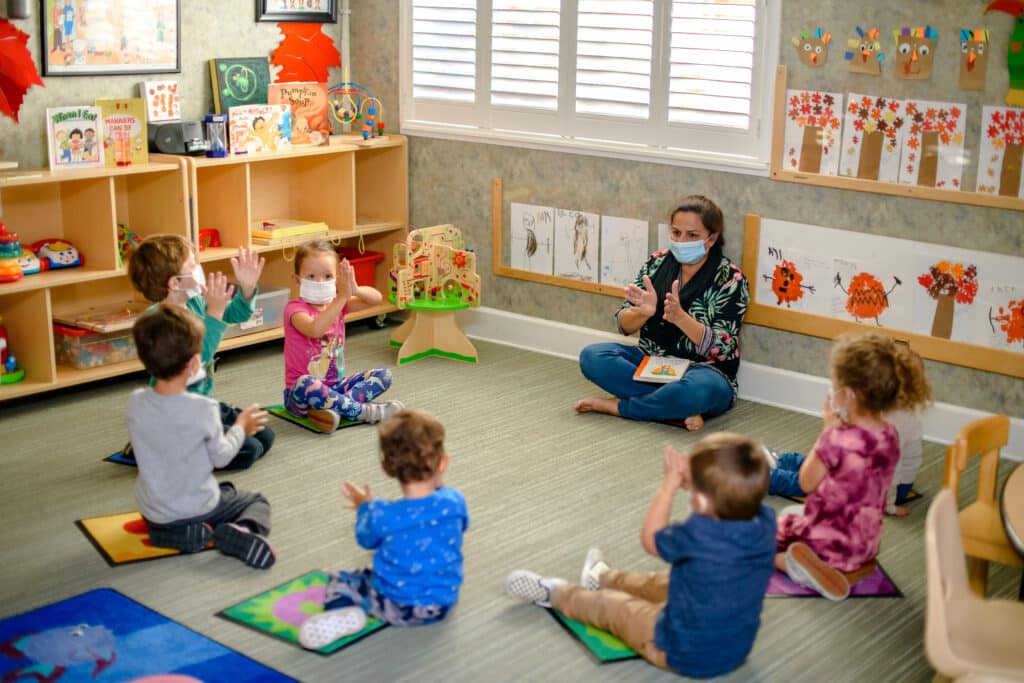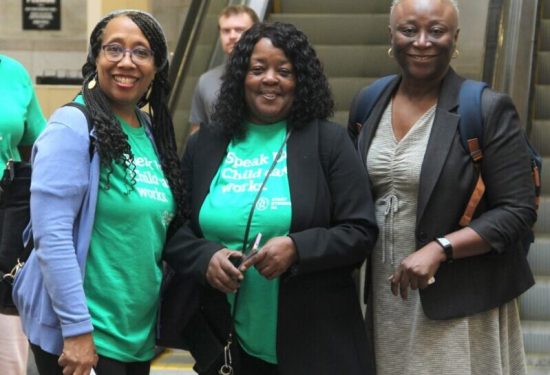On September 10, 2022, the U.S. Department of Health and Human Services’ Administration for Children and Families issued two Notices of Funding Opportunities for the Preschool Development Grant Birth through Five (PDG B-5) Renewal Grant (HHS-2022-ACF-OCC-TP-0180) and the Preschool Development Grant Birth through Five (PDG B-5) Planning Grant (HHS-2022-ACF-OCC-TP-0001). These combined opportunities will offer $266 million in funding to strengthen “states’ early childhood systems to ensure children are healthy and ready to enter kindergarten.”
We are at a critical time for the child care sector. Including and better supporting home-based child care can assist states in improving and expanding services for underserved children and families. Home-based child care is essential to vibrant mixed delivery early learning systems that prioritize choice and equity for families of color, those with infants and toddlers, those who speak multiple languages, live in rural communities and work nontraditional and unpredictable work hours. Engaging home-based child care in early learning systems leverages the unique commitment and talent of the providers and caregivers in this setting along with their homes, offering small and familiar settings for learning.
Home Grown is eager to support states considering how to use this grant opportunity to initiate or expand services for children, families and providers in the home-based child care sector. Our new brief, Opportunities to Expand Support for Home-Based Child Care through the Preschool Development Grant Birth Through Five, offers state leaders examples and resources to consider three key strategies to leverage the PDG B-5 opportunity to expand support to home-based child care. Including:
- Developing or strengthening comprehensive networks for home-based child care: Comprehensive networks enable providers to: offer high-quality child development service; be financially sustainable and offer continuous care (as individuals or small businesses); connect children and families to comprehensive services that improve their mental, physical, social and economic well being; and offer or connect providers to well-being services and resources.
- Developing or strengthening family, friend and neighbor (FFN) services through home visiting: Many caregivers want to improve their professional caregiving skills, including enhancing their relationship with the children they care for and promoting the children’s development. Home visiting, which adapts to the schedules and availability of home based providers, is an accessible way to do this.
- Incorporating home-based child care into state Pre-K: Many states have already succeeded in including home-based child care in their state Pre-K programs and have opportunities to expand this approach. This holds the potential to strengthen Pre-K as a mixed delivery system that is responsive to family values while promoting great quality for children and families.
As we continue to rebuild our child care sector, we know that in order to do so equitably and in ways that diverse families need, we must prioritize the providers who offer care in home-based settings, the children and families who prefer and use that care, and the support system that ensures they thrive. We encourage state leaders to reach out to us for additional support or resources as you consider including home-based child care services and programs in your PDG B-5 grant applications.




